Reading
Day 1: 1 Kings 17:8-20:22
Day 2: 1 Kings 20:23-22:9, 2 Chronicles 18:1-8
Day 3: 1 Kings 22:10-28, 2 Chronicles 18:9-27, 1 Kings 22:29-35, 2 Chronicles 18:28-34, 1 Kings 22:36-40, 1 Kings 22:51-53, 2 Chronicles 19:1-20:30
Day 4: 2 Kings 1:1-18, 2 Kings 3:1-27, 1 Kings 22:41-49, 2 Chronicles 20:31-37, 1 Kings 22:50, 2 Chronicles 21:1-4, 2 Kings 8:16-22, 2 Chronicles 21:5-7
Day 5: 2 Kings 2:1-25, 2 Kings 4:1-44
Day 6: 2 Kings 5:1-8:15
Day 7: 2 Chronicles 21:8-20, 2 Kings 8:23-29, 2 Chronicles 22:1-7, 2 Kings 9:1-10:17, 2 Chronicles 22:8-9, 2 Kings 10:18-31
Preview
Hard Questions
- (1 Kings 20:23ff) Gods of the hills and of the valleys? What’s happening?
- (1 Kings 20:32) Ahab’s calling Ben-Hadad “my brother”?
- How frequently God extends mercy to Ahab.
- (1 Kings 20:35-36) Death by lion, just for refusing to strike a prophet? Also, a note on lions and land management. There were wild lions and other animals before the conquest; one of the reasons that God didn’t let Israel kill all the human inhabitants of the land at once was that the beasts would overrun it. We see roaming lions in the time of the Judges, with Samson, and David kills lions as a shepherd. Lion killing is one of the jobs of David’s mighty men (2 Sam. 23:30), and later we see that Solomon has lions on either side of his throne. In the early years of the divided kingdom, in the north, we see lions killing prophets. It’s a sign both that God is judging individuals and that the land is being mismanaged. We also see a general theme in the north of the divided kingdom, with people from Jeroboam’s family and Jezebel’s family being eaten by dogs—chaos in the land as well as a particularly sharp judgment from God. He’s taken away their peace. We’ll see this again in 2 Kings 2:23-24. Why? Deut. 28:26.
- (1 Kings 21). Naboth and the inheritance of his fathers—why is this so important? (Num. 36:7-9 and all the other provisions for inheritance.)
- (1 Kings 22:10-28) “A lying spirit in the mouth of all his prophets”? God also sends the truth at the same time.
- (1 Kings 22:29-35) Ahab’s a bad friend—disquises himself while sending Jehoshaphat out in his kingly robes. Also, Jehoshaphat’s foolish alliance with Ahab and his family. God calls him on it in 2 Chron. 19:1-3. He does it again with Jehoram, Ahab’s grandson. The only ones who benefit from this are the wicked as they benefit from the presence of God with the righteous. We see the mercy of God so much here; even when Jehoshaphat’s son kills his brothers, God doesn’t destroy Judah because of His promise to David.
- (2 Kings 2) Elijah, Elisha, and the “double portion” of his spirit. There are groups that hold on to this kind of idea of receiving a prophetic mantle or double portion of a prophetic spirit from someone else. Is that valid? • This passage is descriptive, not prescriptive. • This happens once in all of Scripture. • Despite the inclusion of the “sons of the prophets,” or the “school of the prophets” in the narrative, we never see any indication of any of these men inheriting the mantle.
- (2 Kings 2:23-24) Mauled by bears? A little context… Bethel once the “house of God,” and now one of the centers of idol worship established by Jeroboam. People in God’s own country are ridiculing the prophet. The phrase that the KJV translates as “little children” is probably better translated, “a group of young lowlifes.” The word “small” (qatan) here can indicate youth, or it can indicate lack of importance or influence. The same word refers to the men of Sodom, “small and great,” in Gen. 19:11. They weren’t little kids who were beating down Lot’s door. The word that the KJV translates as “children” can refer to people anywhere from newborns to in their 20s. It’s way more likely that Elisha was being harassed by a big gang of jerks. Reading carefully, we also see that Elijah cursed them in the name of the Lord, but he didn’t send the bears. That was all God. God was cursing those who cursed Elisha, just as He had promised to Abraham. Also, if 42 people were mauled, there were likely a lot more of them.
- (2 Kings 6:24-7:2) Eating one another’s sons. This should have brought the king of Israel to a place of brokenness, but it did not; he resolved to kill Elisha instead. Elisha calls him a “son of a murderer.” How this harkens back to Deut. 28.
- (2 Kings 8:7-15) Elisha tells Hazael to tell Ben-Hadad he’ll recover, though he will surely die. How this particular prophecy works.
Review
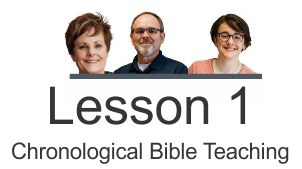
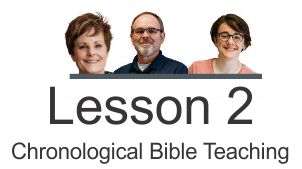
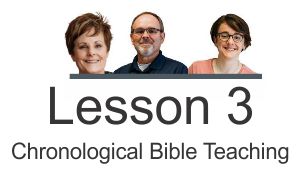
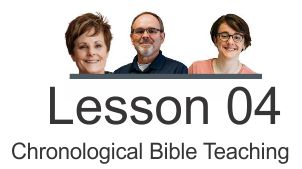
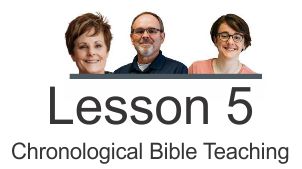
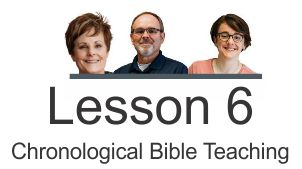
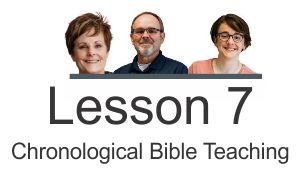
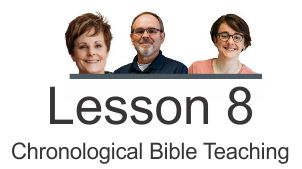
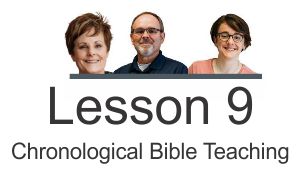

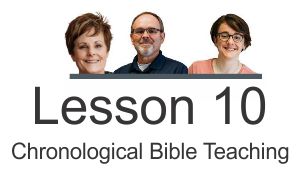
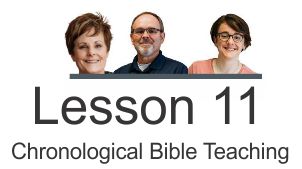
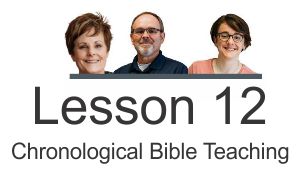
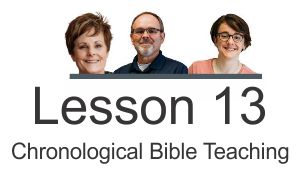
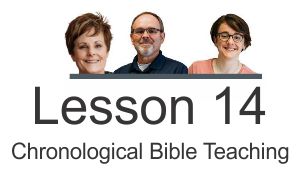
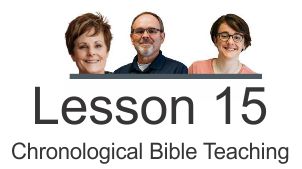
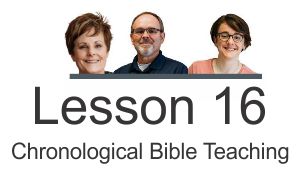
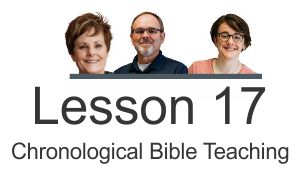
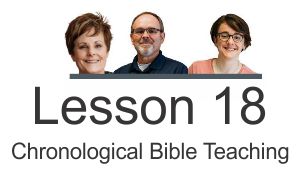
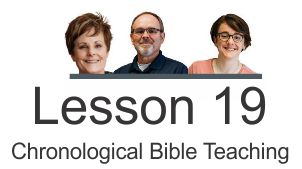
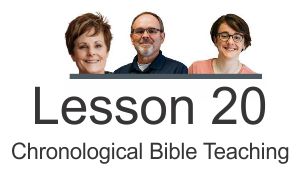
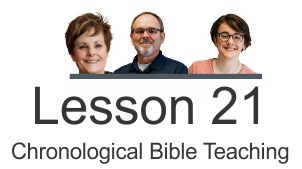
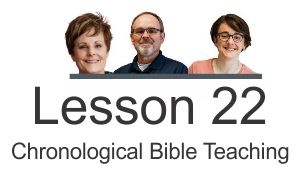
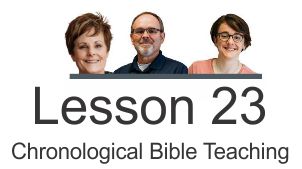
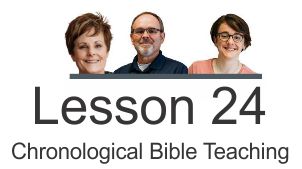
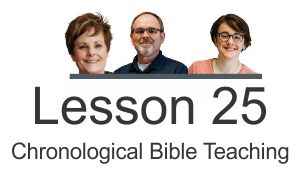
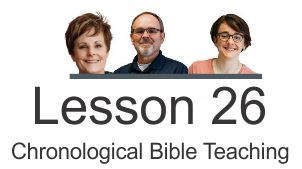
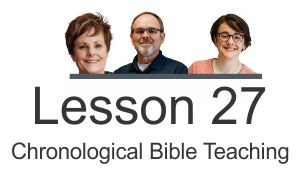
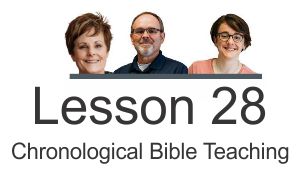
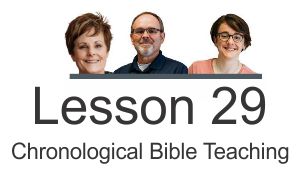
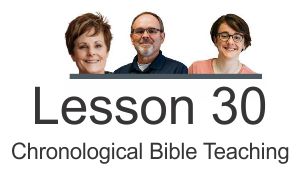
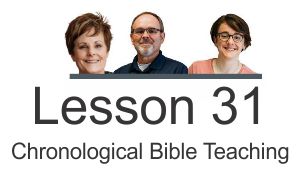
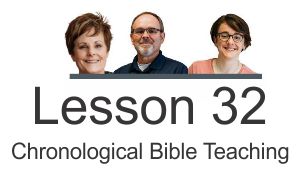
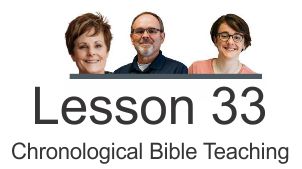
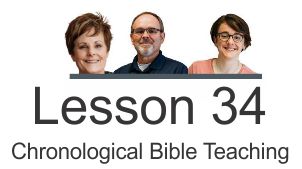
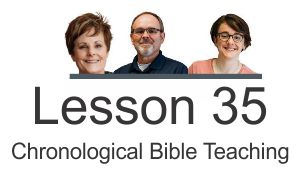
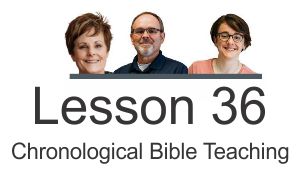
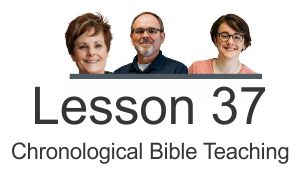
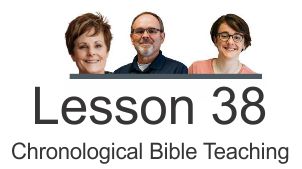
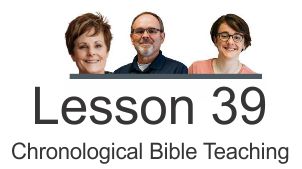
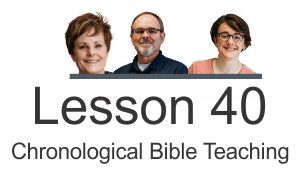
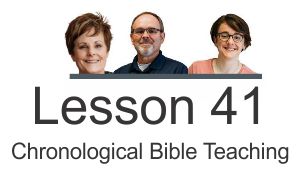
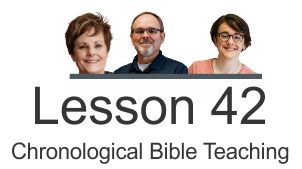
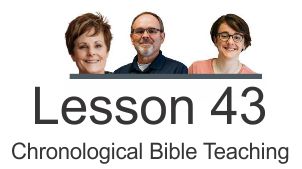
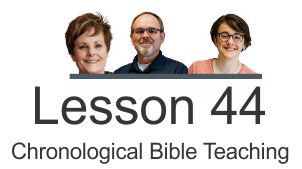
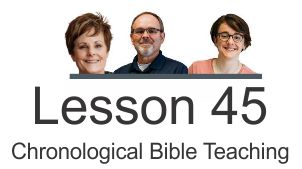
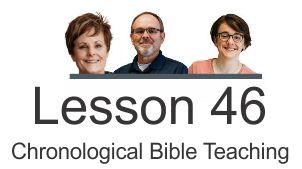
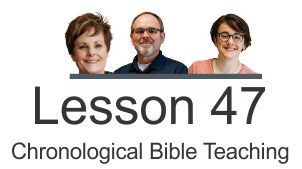
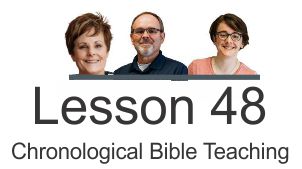
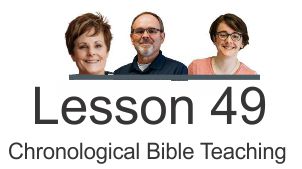

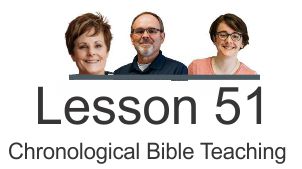
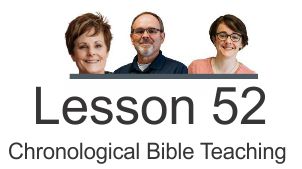
Page Discussion
Membership is required to comment. Membership is free of charge and available to everyone over the age of 16. Just click SignUp, or make a comment below. You will need a user name and a password. The system will automatically send a code to your email address. It should arrive in a few minutes. Enter the code, and you are finished.
Members who post adverts or use inappropriate language or make disrespectful comments will have their membership removed and be barred from the site. By becoming a member you agree to our Terms of Use and our Privacy, Cookies & Ad Policies. Remember that we will never, under any circumstances, sell or give your email address or private information to anyone unless required by law. Please keep your comments on topic. Thanks!